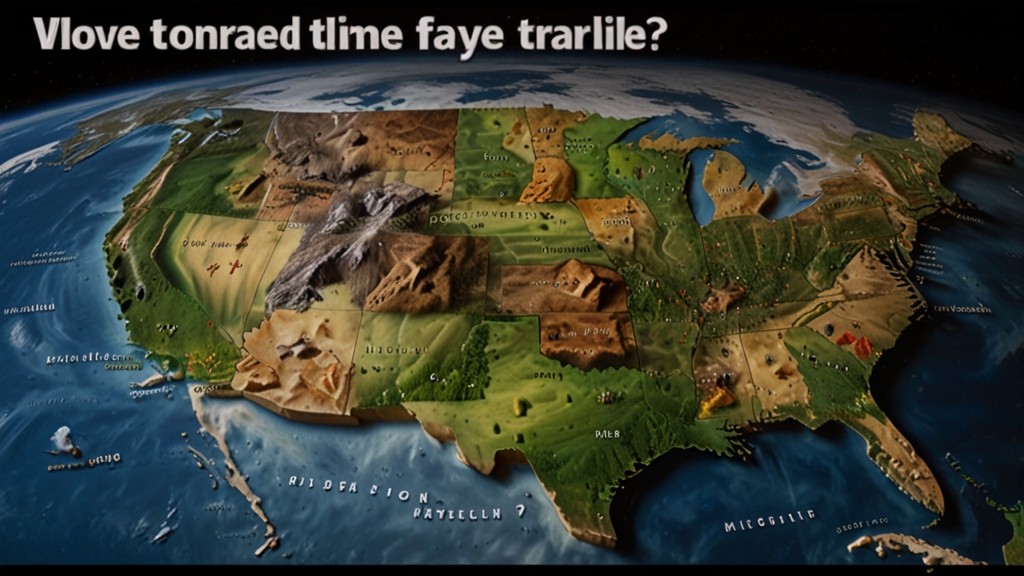Surprising Parallels between the Exodus Story and Other Historical Events
The Exodus story, as narrated in religious texts, is one of the most poignant and significant tales that has fascinated historians, theologians, and scholars for centuries. It describes the journey of the Israelites from a period of bondage in Egypt to a promised liberation, under the leadership of Moses. Surprisingly, there are numerous historical events across different cultures and eras that share striking similarities with the Exodus story. These parallels have often been a subject of debate and contemplation, shedding light on recurring themes in human history.
The Babylonian Captivity
One of the most discussed parallels is the Babylonian Captivity, which saw the deportation of the Judeans to Babylon following the conquest of the Kingdom of Judah. Much like the Exodus story, the Babylonian Captivity involved a period of suffering and longing for liberation. The eventual return to Jerusalem under the edict of Cyrus the Great resembles the Israelites' return to their homeland after being freed from Egyptian bondage. Both narratives center around the themes of deliverance, perseverance, and the moral and spiritual growth of a people through trials.
"By the rivers of Babylon, there we sat down, yea, we wept, when we remembered Zion." — Psalm 137:1
The Hyksos Expulsion
Another compelling parallel can be drawn from the expulsion of the Hyksos, who were a Semitic people that ruled parts of Egypt for a time. The eventual expulsion of the Hyksos could have influenced the Biblical account of the Exodus, given geographical and cultural proximities. This historical event bore the hallmarks of a powerful nation reclaiming its land and sovereignty, a theme vividly portrayed in the Exodus narrative but from the perspective of the Hebrews seeking freedom.
Gandhi's Salt March
Turning to more modern history, Mahatma Gandhi's Salt March in 1930 serves as a fascinating parallel. Gandhi led a mass nonviolent protest against the British salt tax in colonial India, urging his followers to create their salt and defy British rule. Much like Moses leading the Israelites to freedom, Gandhi's march was a profound act of civil disobedience aimed at uplifting an oppressed populace. The Salt March signified a pivotal moment in India's struggle for independence, akin to the Exodus in its fight against unjust domination and pursuit of a promised land of autonomy.
"First they ignore you, then they laugh at you, then they fight you, then you win." — Mahatma Gandhi
The Great Migration of African Americans
Another intriguing parallel is the Great Migration of African Americans from the rural Southern United States to urban centers in the North during the early 20th century. This mass movement was driven by the search for better economic opportunities and escape from the severe racial discrimination prevalent in the South. The Exodus story's essence of seeking liberation and a better life resonates strongly with this historical episode. Both movements were motivated by a desire for freedom and dignity.
The Haitian Revolution
The Haitian Revolution (1791-1804) also mirrors the Exodus narrative. Enslaved Africans in Haiti rose against their French colonial masters in a bid for freedom and independence. The intense struggle, marked by significant suffering and eventual triumph, parallels the trials faced by the Israelites. Both stories underscore a fight against oppression and the eventual realization of self-governance and liberation.
Historical parallels to the Exodus story illustrate recurrent themes in human history: the quest for freedom, the struggle against oppression, and the enduring hope for a better future. Whether in ancient times or more recent history, these themes continue to resonate, demonstrating the enduring power and relevance of the Exodus narrative in understanding human resilience and the universal longing for liberation.









